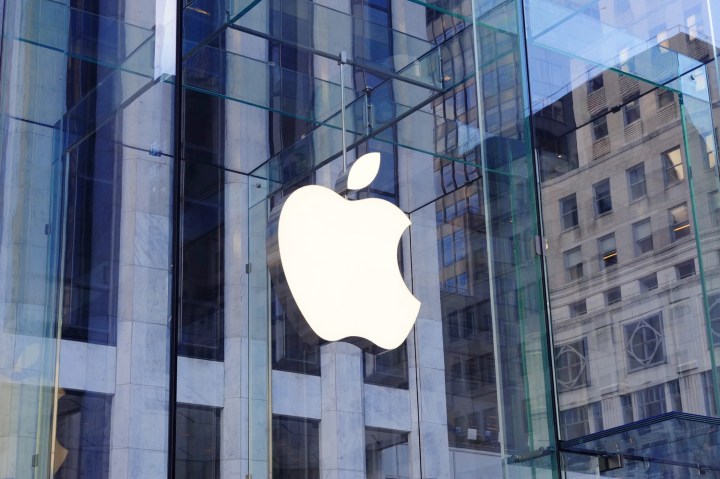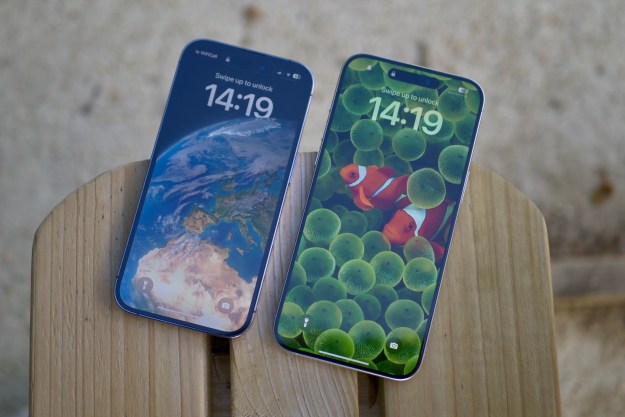
Work could begin in the next few weeks. Cook told Vice Premier Zhang Gaoli, one of China’s most senior officials, that construction on the Asia-Pacific research center would start in earnest this fall, and that new center “would be built by the end of the year.”
Cook’s announcement appears to be spurred in part by recent comments by the head of China’s industry and technology regulator. In May, he told Cook that he “hoped Apple could deepen its cooperation with the country in research and development” and “stressed information security,” Reuters reported.
It’s the most recent in a series of strategic investments Apple has made in Chinese businesses. In May, the Cupertino, California-based company announced a $1 billion stock buy in ridesharing app Didi Chuxing — an investment that analysts intimate was politically motivated. The move strengthened Didi, a Beijing, China-based company, against encroaching U.S. competitors. In early August, Uber said it would cease operations of its Chinese subsidiary, UberChina, in return for a one-fifth stake in the ridesharing app.
Apple’s dealings with the Chinese government have been fraught with turmoil, to put it lightly. In 2013, China’s state-controlled media slammed the company’s warranty policy, claiming that Apple provided secondhand phones and recycled components to customers in the country. In 2014, following revelations that the U.S. National Security Agency surveilled Chinese leaders, China Central TV described the iPhone as a “national security concern.” Earlier this year, Chinese government regulators blocked access to Apple’s iBooks and iMovies within the country — reportedly out of concern of “security threats.” And in June, China’s Beijing-based Intellectual Property Office found that Apple’s iPhone 6 and iPhone 6 Plus infringed on an exterior design patent by Chinese company Shenzhen Baili.
But the company’s relationship with the government may be on the mend. Cook apologized following the allegations of warranty fraud, publishing an open letter that promised to implement an “improved level of repair service” and a “clearer and more concise” policy. And a series of meetings in May between Cook and “senior government and Communist Party leaders” was described as “productive” by a Reuters source.
It’s a balancing act for both parties. Apple’s Chinese manufacturing operations are “directly or indirectly responsible for tens of thousands of manufacturing jobs,” according to eWeek. Apple, meanwhile, is desperate to turn sales around in a market ripe with revenue potential. While sales of the iPhone in China decreased by a third during the company’s past fiscal quarter, market research firm IDC reports that homegrown vendors Huawei, Oppo, and Vivo saw a collective gain of 47 percent.
That said, the Chinese smartphone market is experiencing what Cook called “economic softness” in a recent earnings call. The Greater China region, which includes China, Taiwan, and Hong Kong, last year experienced the slowest growth in a quarter century. If the trend continues, Apple’s push in the country may well prove to be a race against time.
Editors' Recommendations
- Here’s how Apple could change your iPhone forever
- Everything you need to know about the massive Apple App Store outage
- We now know when Apple is adding RCS to the iPhone
- UPS worker accused of nabbing $1.3M worth of iPhones and other Apple gear
- Hands-on with the Belkin iPhone Mount with MagSafe for Apple TV 4K


